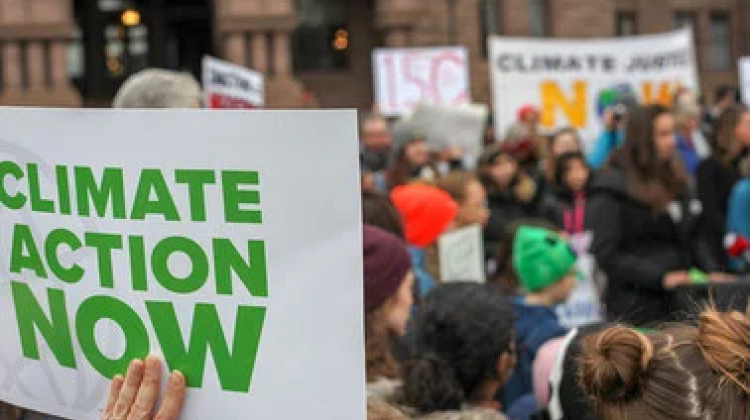Cities and Climate Change

Cities - home to 55% of the global population, or 4.2 billion people - are responsible for up to 70% of human-caused fossil fuel emissions and therefore have a crucial role in addressing climate change across sectors. 11.270x Cities and Climate Change: Mitigation and Adaptation explores all of these areas with critical examination of the strategies cities have already deployed, enabling course participants to investigate urban climate change actions and develop policy recommendations for adaptation and mitigation response.
A new online course, Cities and Climate Change: Mitigation and Adaptation, is equal parts information assimilation and hands-on application. Learners will gain a deeper understanding of fundamental theories of urban social and economic governance and evaluate these from the standpoint of climate resilience. Learners will improve their understanding of the operation of actors and systems involved in structuring policy and climate action. Through the perspectives of leading academics and practitioners, students will gain fundamental knowledge on core topics in urban climate mitigation and adaptation, including urban climate science, global warming, energy and transportation systems, environmental justice and equity, governance and policy, Traditional Ecological Knowledge (TEK), land use planning, urban design, disaster risk management, among others.
Building on and working with the Urban Climate Change Research Network’s (UCCRN’s) scientific community, learners will hear from climate change experts in different disciplines to understand how challenges and opportunities are experienced across the world. They will apply insights gleaned in class to explore city-specific research on climate resilience strategies. This course offers a foundation of knowledge on cities and climate change, with the opportunity to apply what is learned through city case study research for climate policy and action.


